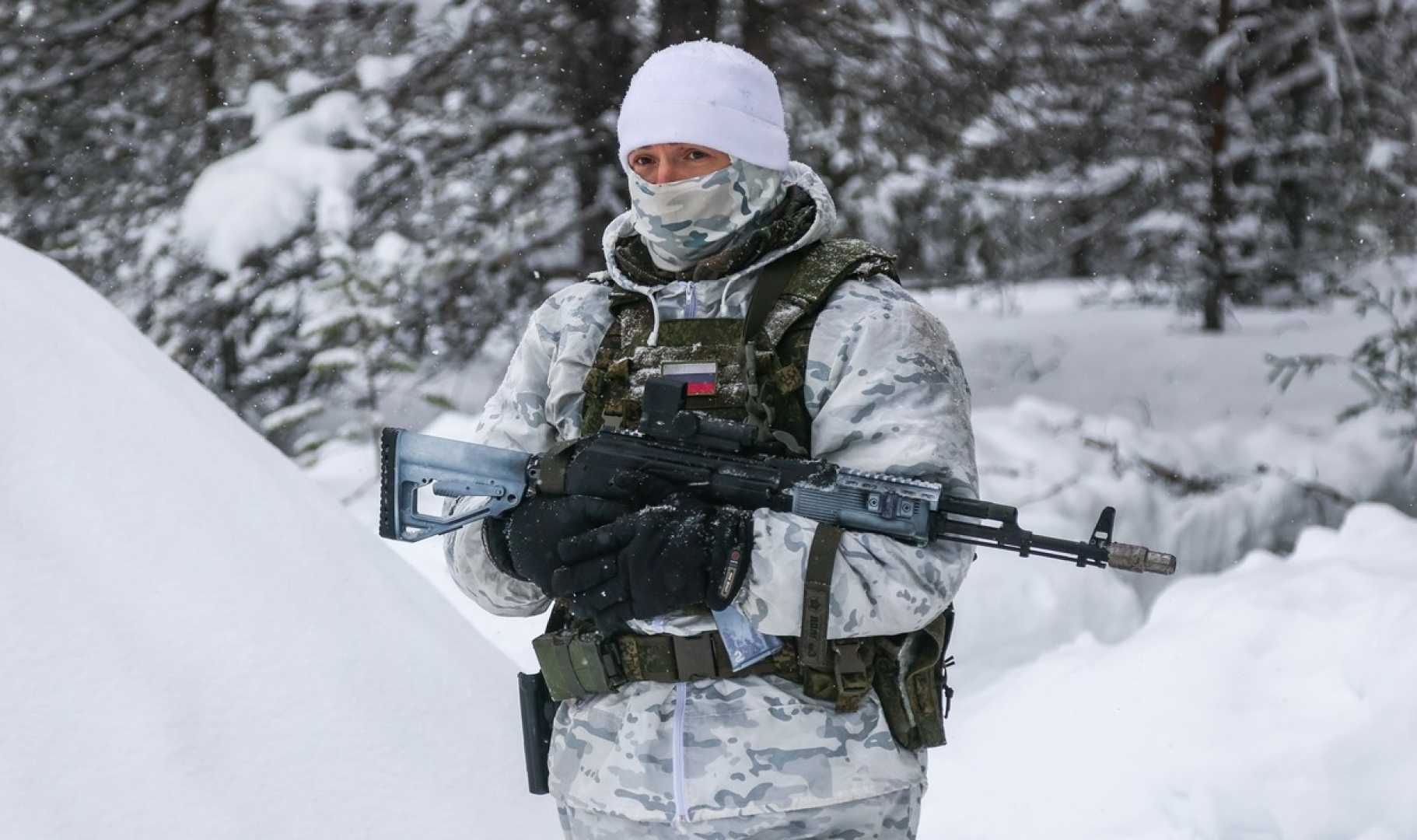News
Iceland Warns of Russia’s Growing Arctic Military Presence

REYKJAVIK, Iceland — Iceland’s Foreign Minister Þorgerður Katrín Gunnarsdóttir has voiced concerns over Russia’s expanding military presence in the Arctic, highlighting it as a “grave concern” for regional stability.
In an interview with Newsweek, Gunnarsdóttir emphasized that Russia’s strategic interests in the Arctic go beyond mere defense. “The Arctic remains central to Russia’s strategic calculus,” she said. “Its military posture in the Arctic is of grave concern.”
Russia has been actively reopening Soviet-era military bases and constructing new facilities throughout the Arctic region. The nation’s Northern Fleet, based in Murmansk, has seen significant investments, especially in military sites that house nuclear-armed submarines.
According to Gunnarsdóttir, despite three-and-a-half years of war in Ukraine, Moscow’s Arctic capabilities have not diminished. “The operational environment is becoming more dynamic and contested due to climate change, which has opened new transportation routes,” she warned.
Russia controls more than half of the Arctic coastline and views the changing climate as both a threat and an opportunity for resource extraction. Analysts note that NATO‘s response, while decisive, is still lagging in certain areas, particularly in anti-submarine warfare capabilities.
Gunnarsdóttir pointed out that the geopolitical landscape of the Arctic is changing, with NATO bolstering its presence following the inclusion of Finland and Sweden into the alliance after Russia’s invasion of Ukraine. However, she acknowledged the challenges posed by Russia’s familiarity with the harsh Arctic environment.
The Arctic Council, consisting of all Arctic nations, has faced disruptions in cooperation, especially after Russia’s actions in Ukraine. Political collaborations were halted in 2022, although scientists are still working across borders on environmental issues.
Denmark took over the Arctic Council chair from Norway this past May, with ongoing discussions about re-establishing functional cooperation. “We cannot hide the fact that we don’t have a normal modus operandi,” said Torsten Kjölby Nielsen, Denmark’s Senior Arctic Official.
Gunnarsdóttir concluded by urging NATO allies to remain vigilant. “The Arctic is not a remote region; it is a central arena in global security,” she said. “We must coordinate our efforts to address the emerging threats in the region.”












